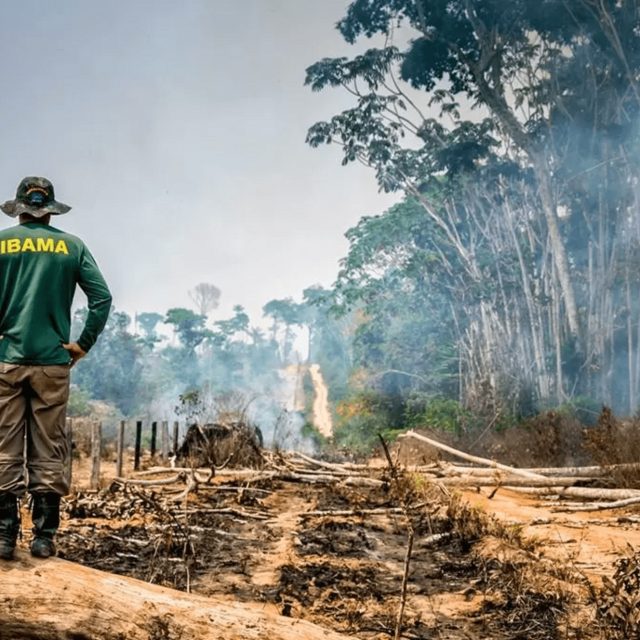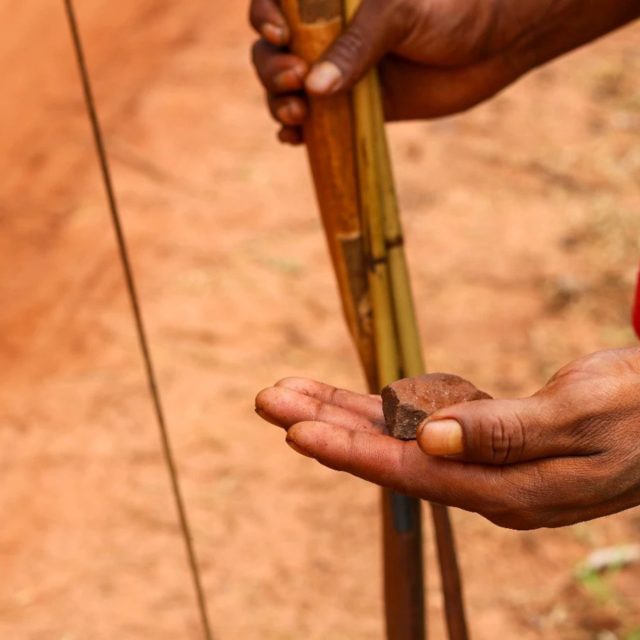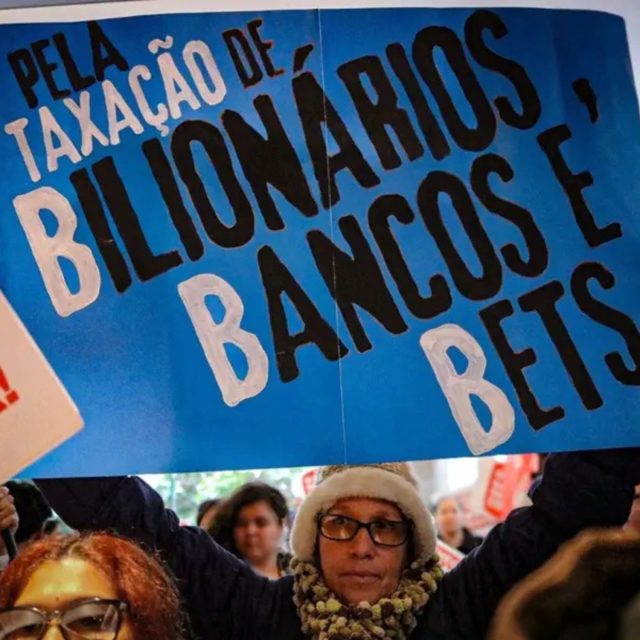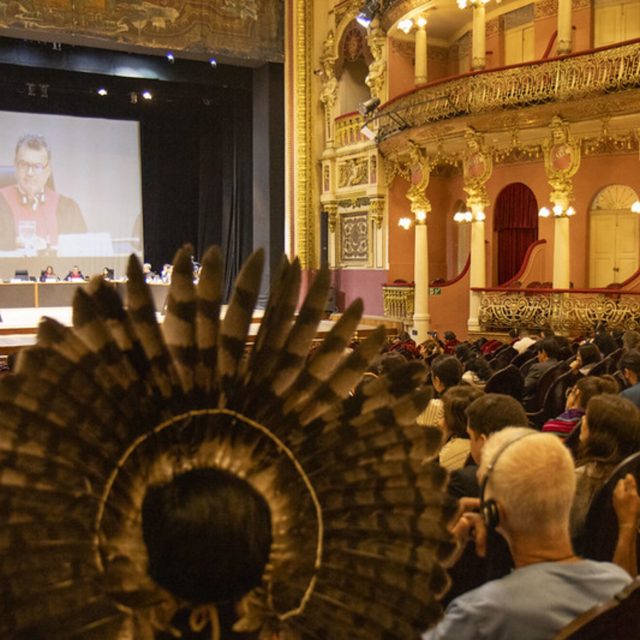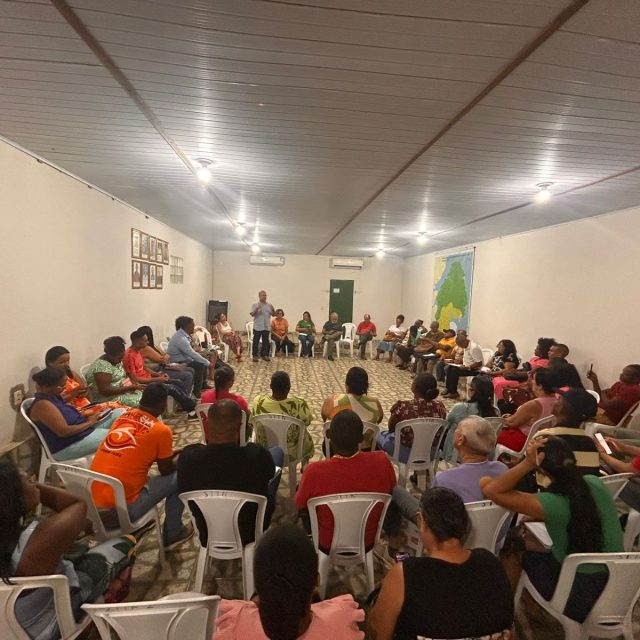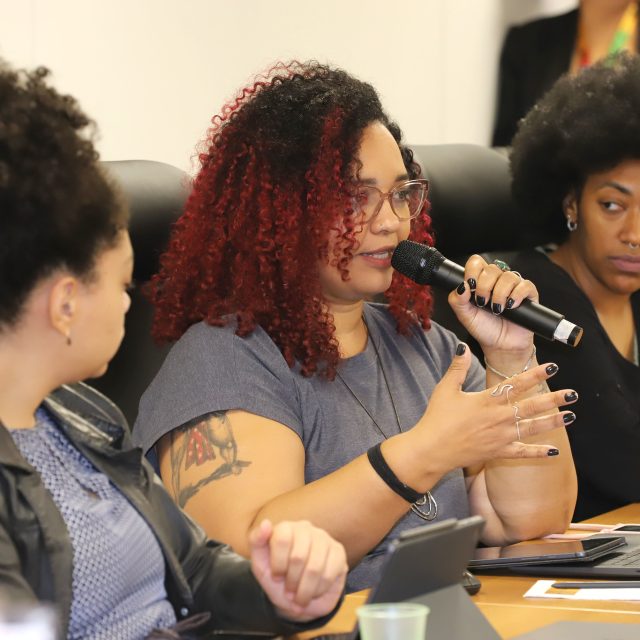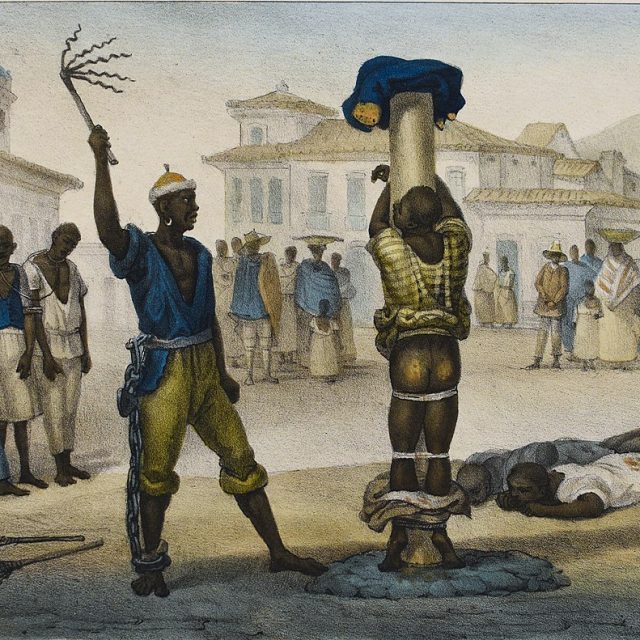
Historic decision recognizes structural discriminations based on race, gender and social conditions as human rights violations.
Among the 64 fatal victims of the tragedy, 63 were women. Deaths include 22 children and adolescents aged 11 to 17.
Case is Brazil’s 9th international conviction for serious human rights violations.
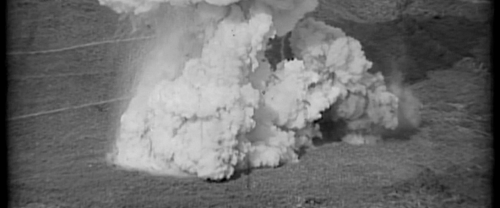
On Monday (26), the Inter-American Court of Human Rights made public Brazil’s condemnation for the deaths and violations of human rights of the workers at the Fireworks Factory, in Santo Antônio de Jesus, in the Recôncavo Baiano region. The tragedy took place on December 11, 1998 and left 64 dead, most of them black women and children. The case exposed the precarious working conditions to which the victims were subjected. According to the law, the activity requires inspection by the Brazilian State.
The ruling by OAS’s (Organization of American States) Inter-American Court of Human Rights is Brazil’s ninth international condemnation for serious human rights violations. The decision was passed on July 15, 2020, during the 135th Period of Regular Sessions, but was not made public until today. In the sentence, the Court recognizes the violations committed against the 60 fatal victims and 6 survivors, for a total of 66 victims of the explosion. It is a historic decision, which recognizes patterns of structural and intersectional discrimination to determine the responsibility of the Brazilian State. According to the Court, the victims “lived in a situation of structural poverty and were, in the vast majority, women and girls of African descent; four women were pregnant and had no economic alternative but to accept high-risk work in conditions of exploitation”.
Justiça Global and the Movimento 11 de Dezembro (December 11 Movement) are the victims’ representatives in the case. For Raphaela Lopes, a lawyer for Justiça Global, this is a historic precedent. “This condemnation is historic and paradigmatic for cases involving gender and racial discrimination and its relation to situations of poverty. It is the international recognition of the States’ responsibility to adopt measures to protect those people affected by structural and intersectional discrimination”, she says.
Of the 64 workers killed in the explosion, 63 were women. The only male victim was an 11-year-old child. Among the victims there were 22 children and adolescents, aged 11 to 17. The vast majority was black: of the 57 death certificates attached to the process, 49 were from black persons, 3 from white, and 6 had no identification. Four pregnant women and three unborn children were also victims of the explosion.
The Court considered that the Brazilian State was aware that hazardous industrial activities were carried out at the factory and did not properly inspect or monitor the place, which presented serious irregularities and high risk and imminent danger to the life, personal integrity and health of all workers. In addition to the aforementioned irregularities, the factory used child labor, which violated the right to work and the principle of equality and non-discrimination. The manufacture of fireworks was the main and, in most cases, the only employment option for the town’s inhabitants, who had no alternative but to accept a high-risk, low-paid work without adequate safety measures.
For the family members of the Movimento 11 de Dezembro, the condemnation is a milestone in more than 20 years of struggle. The Movement is made up of family members and survivors of the Fireworks Factory explosion; its goal is to demand justice and reparation from the authorities. “We are very moved and happy with the fact that, after 21 years of struggle and tears, the Movement managed to reach the last instance and condemn the Brazilian State for this atrocity”.
The ruling convicts Brazil to adopt a series of structural measures that guarantee the non-repetition of tragedies such as that which occurred in Santo Antônio de Jesus. Among the measures is the creation of economic alternatives for the economic and labor insertion of the explosion victims and their family members and the creation and execution of a socioeconomic development program for the population of Santo Antônio de Jesus. The ruling also establishes that Brazil will hold liable the perpetrators of the explosion, both civilly and criminally, in addition to determining reparation measures for the victims and their relatives, such as medical and psychological treatment, in addition to due compensation.
The victims’ profile:
Men and women worked in different areas of the factory. Men worked in the manufacture of the bombs, while the women worked tying the powder fuses. Sixty-four people died from the explosion and six others survived despite being seriously injured. All victims were aged between 11 (eleven) and 47 (forty-seven).
Of those who died:
63 (sixty-three) out of 64 (sixty-four) were women and the only male was 11-year-old boy Alex Santos Costa.
22 were children and adolescents between 11 and 17 years old.
4 pregnant women and 3 unborn children.
Of those who survived:
There are 4 (four) women and 2 (two) men: Bruno Silva dos Santos and Uelligton Silva dos Santos, who were then 11 (eleven) and 14 (fourteen) years old, respectively.
Most of the victims were black. According to IBGE data, 76.82% of the municipality’s inhabitants are black and brown. 12.84% of Santo Antônio de Jesus’ population lives in the rural area, where the factory was located; about 86% of those are black and brown. The data show how the neglect and omission by the Brazilian State regarding both the inspection of the factory and the compensation for the relatives of the victims and survivors is guided by racism and sexism.
Remember the case:
Santo Antônio de Jesus is known for the illegal manufacture of fireworks. The municipality’s poverty situation forced the population to subject themselves – including children – to extremely hazardous labor in the firework factories. In addition to the risk, workers received extremely low wages. They claim that they received R$ 0.50 for the manufacture of a thousand firecrackers (small pieces of explosive powder wrapped in paper).
On December 11, 1998, one of the factories, which operated at Fazenda Joeirana, in the countryside, exploded causing the death of 64 people; six other people were seriously injured – third degree burns affecting 70% of their body area – but survived. At the time, as the number of ambulances in the city was insufficient and the municipality did not have a burn unit, residents took over the rescue work and transport of the victims to the capital, Salvador, 190 km away.
The factory was owned by Osvaldo Prazeres Bastos, and was registered in the name of his son, Mário Fróes Prazeres Bastos. Despite being registered with the Army, it had operated for years not complying with the standards required by internal regulations. After the tragedy, those affected created the Movimento 11 de Dezembro to fight for justice.
The investigations revealed a series of irregularities committed by the factory owners. According to the Public Prosecutor’s Office, the owners were aware that the factory “was dangerous and could explode at any time and cause a tragedy”. The Civil Police’s forensic investigation found that the explosion was caused by “lack of security in the place, not only regarding the storage of propellants and explosive accessories”.
The explosion of the Santo Antônio de Jesus Fireworks Factory resulted in civil, criminal, labor, and administrative lawsuits; however, the labor, criminal, and civil liability suits for damages caused to the workers and their relatives is still pending.
Case is Brazil’s 9th international condemnation:
The sentence passed by the Inter-American Court holding the Brazilian State responsible for serious violations of rights at the Santo Antônio de Jesus Fireworks Factory is Brazil’s 9th international conviction in this court.
The country recognized the jurisdiction of the Court on December 10, 1998. Since then, Brazil has been found guilty on 9 occasions, on cases that have become emblematic for the defense of fundamental rights in the country and have set important precedents in America. The last time that the Inter-American Court issued a sentence convicting the country was in 2018, when it recognized the responsibility of the Brazilian State for the violation of the rights to judicial guarantees and judicial protection for the failure to investigate, prosecute, and punish those responsible for the torture and murder of Vladimir Herzog.
Justiça Global was one of the petitioners in five of the nine convictions obtained against the Brazilian State. Remember the international condemnations:
Employees of the Santo Antônio de Jesus Fireworks Factory v. Brazil – judgment of February 15, 2020.
Herzog et al. v. Brazil – judgment of March 15, 2018.
Xucuru Indigenous People and its members v. Brazil – judgment of February 5, 2018.
Favela Nova Brasília v. Brazil – judgment of February 16, 2017.
Brasil Verde Farm workers v. Brazil – judgment of October 20, 2016.
Gomes Lund et al. (“Guerrilha do Araguaia”) v. Brasil – judgment of November 24, 2010.
Garibaldi v. Brazil – judgment of September 23, 2009.
Escher et al. v. Brazil – judgment of July 6, 2009.
Ximenes-Lopes v. Brazil – judgment of July 4, 2006.
